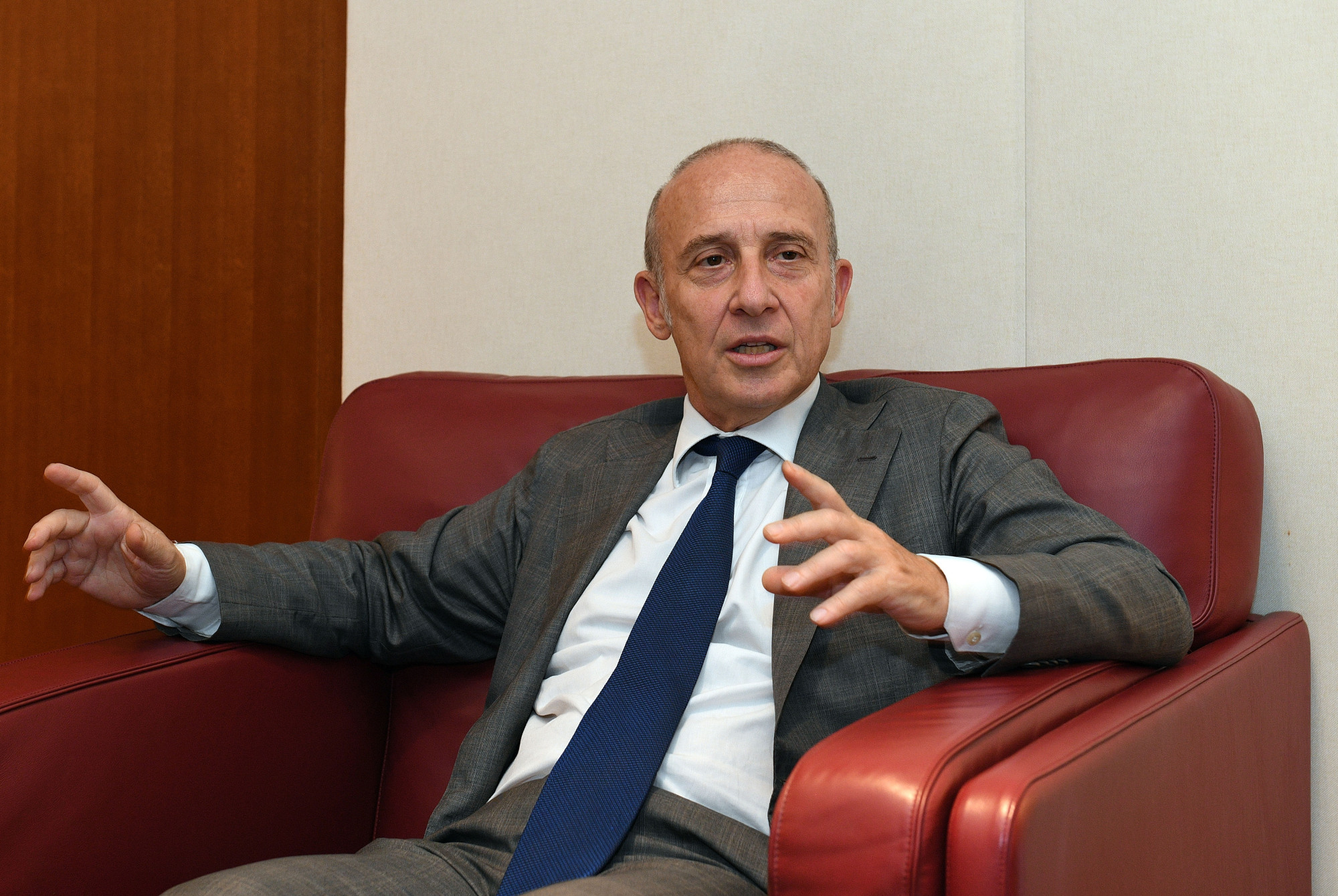“(The Global Startup Program) is a chapter of a program that we have with Japan that is now involving the embassy, but also other institutions that are financing the presence of Italian startups in this market,” said Italian Ambassador to Japan Giorgio Starace in a recent interview.
He cited an embassy initiative slated for Oct. 9, Italian Innovation Day, where startups and scaleups, including the GSP teams, pitch to corporations and potential investors.
The event, a display of the on-the-ground commitment being made to Italian startups and entrepreneurs here in Japan, offers a valuable chance to learn about the Italian startup ecosystem and the investment and business opportunities it offers.
Sectors and verticals of interest in which Italy hopes to concentrate include robotics, healthcare and medtech, artificial intelligence (AI), mobility, materials and nanotechnologies; renewable energy and fintech, among others.
The embassy is also planning a large-scale project for spring 2020, a two-day science and technology fair connecting academia with business, Starace revealed.
The fair will be the first of its kind between Italy and Japan, he continued, saying the first day may focus on centers of research, while the second may target the private sector in related business-to-business sessions.
(The proposed fair) is the starting point of a process that we believe could drive the two sides to very concrete initiatives,” the ambassador said, acknowledging bilateral achievements in trade, investments and politics.
According to Starace, such a forum would also alert politicians, the media and public to the very fertile fields where corporations could engage in joint research and advances in science and technology.
He stressed a clear need for Japan and Italy to strengthen cooperation so their respective economies would benefit from efforts made in research, and applying such research to joint programs.
Spheres of activity where both countries could engage in further joint research and programs include “robotics, AI and everything concerning the aging society, such as medical applications,” Starace said, noting Italy — where the ratio of seniors in the population stands at over 23 percent — currently has the world’s second most aged society after Japan.




